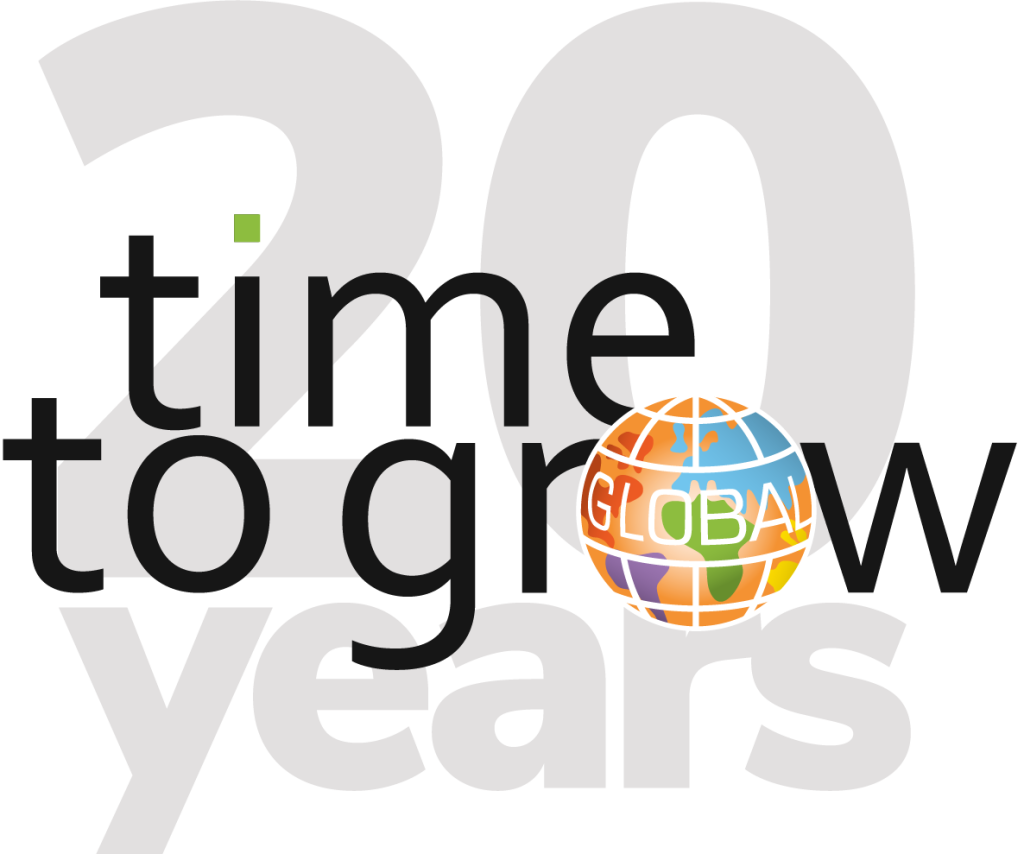You and I both know already that Emotional Intelligence in the workplace is already a hot topic. It has been for a while, and no doubt will continue to shape the way we assess, recruit, lead, and collaborate well into the future.
Executive team assessments are no exception to this rule, but can you guess where the starting line is drawn when it comes to enhancing collaborative dynamics?

Emotional Intelligence At Work
If you’re familiar with either the MSC model[1], or Goleman’s later extension of the same[2], you’ve probably guessed that our executive team assessments start with self awareness. And you’re absolutely right. Before we can begin to make strides towards fluid collaboration, we need to look—or learn how to look—inside.
What do we look at? Here are several questions to start looking deeper into your self awareness as an executive:
Are you a leader who’s focused on relationships?
Or…are you more driven by results? Or content? Or process?
What values, beliefs, and feelings guide your interactions with others?
Reflecting on these questions is a brilliant way to kickstart some productive introspection at home, or learn about your leadership styles even while you’re talking with others. We aim to cultivate self awareness in our executive team assessments because the insight it offers is so valuable—it’s fuel for achieving a whole lot more.
Self Awareness and Executive Team Dynamics
Why start with self awareness? There are at least three ways that it helps to shape executive team dynamics.
First, becoming more self aware helps you pick up on behavioral patterns. Especially those which you’re not aware of. Picked out by MIT Sloan Management Review authors as the number one critical capability for leadership development, self awareness empowers us with understanding of our actions.
And with great power comes great responsibility. Being attuned with your thoughts, feelings, and how they guide your actions is a step towards more accountable leadership. In this sense, self awareness facilitates leadership with integrity—a mainstay for trust in executive teams.
Second, self awareness helps you appreciate what you bring to the table. Your skills, experience, talents, and even your character strengths. Are you the calm negotiator in your executive team? The coordinator? The ‘ideas’ person? Do you really only fit into one box? And most importantly, can you adapt your style to meet contextual demands?
Knowing your strengths and opportunities as an individual is the first step. In our executive team assessments, we aim to cultivate this awareness at a higher level. When individuals know their own talents, group patterns make a lot more sense, and we can start to develop better methods of collaboration.
From Self Awareness To Group Awareness
My third point relates back to Emotional Intelligence as a whole. Those practitioners among you will already know that self awareness is considered a first, primary component of EI. Without it, we can’t always take action to address specific issues. With it, we’re well on the way to managing our relationships with others. And that’s what really lies at the core of executive team assessments.
From here, we can start to look more at us rather than just I. How do our styles complement each other? How is our team currently made up, how can we make this better, and how can we play to our strengths? Forget SWOT and TOWS for a moment, this is much more fun. It’s where executive teams learn to synergize and collaborate, rather than just cooperate. Where tough situations can be dealt with productively, with sustainable results. And over the long-term, executive team assessments are where we can learn to develop a team culture that will really flourish.
Have you benefited from self awareness as an executive? Are you curious about growing your executive team? Learn more about our executive team assessments or drop me a line on LinkedIn.
[1] Mayer, J. D., Salovey, P., & Caruso, D. (2002). Mayer-Salovey-Caruso Emotional Intelligence Test manual. Toronto: Multi-Health Systems.
[2] Goleman, D. (1995). Emotional intelligence. New York: Bantam Books.
[3] MIT Sloan Management Review. (2012). Self-Awareness: A Key To Better Leadership. Retrieved from https://sloanreview.mit.edu/article/self-awareness-a-key-to-better-leadership/.

Govert is Time To Grow Global’s Managing Partner, specializing in Strategy Facilitation, Leadership development and Organisational performance. Reach him on our Time To Grow Global LinkedIn.


